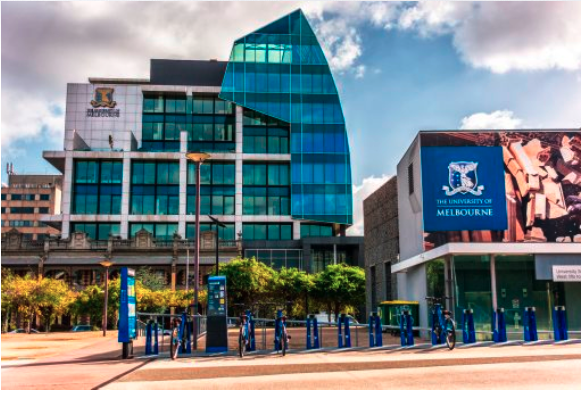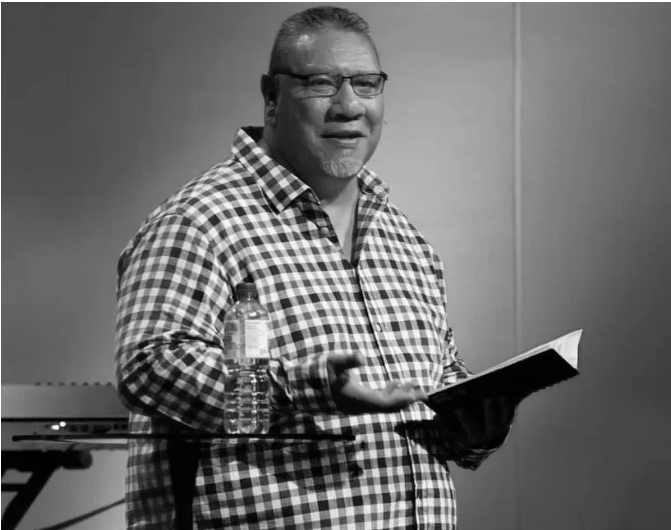About us
Fresh Hope & Mental Health in Australia - 2025
1 in 5 Australians aged 16-85 (22%, or 4.3 million people) experienced a mental disorder in the past year, while 43% reported experiencing one at some point in their lifetime.
The mental health crisis is particularly severe among young Australians: 40% of individuals 16-24 reported experiencing a mental health disorder between 2020-2022, marking a sharp increase over the past decade. Adolescents are facing long wait times for treatment, averaging 99.6 days which exacerbates distress and leads to maladaptive coping strategies like self-harm and substance use. Females report higher rates of psychological distress compared to makes across all aged groups. For example: Among adolescents aged 15-17, 27% of females reported serious mental illness compared to 11% of males. People living in disadvantaged areas experience higher rates of psychological distress, often compounded by barriers to accessing care. Less than half (47%) of Australians with mental disorders received professional care in the past year, with females more likely to access services than males. Cost remains a significant barrier; rising living expenses prevent many Australians from seeking necessary mental health support. The Federal Budget has been criticized for failing to adequately address severe and complex mental health needs, particularly in rural and remote areas. Workforce shortages and underfunded services limit timely access to care. Australia spends approximately $11.6 billion annually on mental health-related services, yet prevalence rates continue to rise. And while the doctor, therapist, and medicine are necessary, they are not enough. Suicide rates continue to rise. The medical (the doctor, therapist, and medicine) aspects of mental health recovery can lead to a type of “learned helplessness.” When someone’s life is interrupted by mental illness, it can be tough to see a practical way forward with day-to-day life, and a good future seems out of reach. Feelings of hopelessness begin to settle in. This hopelessness can lead to suicidal thinking and even death by suicide. A serious gap exists between someone receiving medical treatment for mental illness and them learning how to live well in spite of it. This gap is critical. So we become the bridge, the guide from the point of diagnosis to living well. Research shows that finding a way to live a hope-filled life can be best caught, not taught, by peers who have “been there” and are now living well. Research also shows that the best antidote for hopelessness is a hope that is rooted in faith. We provide those who are hopeless a safe place to process their pain and experience faith-filled hope modeled, shared, and given in support groups, classes, coaching, and resources that are led and written by peers who are living well in spite of their mental health challenge. This serves as a bridge between someone’s diagnosis and living well in spite of their diagnosis. Our approach is based on seven mental health recovery principles and 25 years of clinical research on hope. And it works.
Because of Fresh Hope, thousands of people are living active, faith- and hope-filled lives. They are enjoying their relationships, their families, their work, and are feeling more hopeful than ever before. They are living well in spite of their mental health challenge. They are thriving!
Christ-Centered Approach
Faith-Based Principles
Peer Support Model
Holistic View
Biblical Foundation
Rev. Inoke Veamatahau.
and here is my story…
WHERE IT ALL BEGINS
As a PASTOR My journey in establishing this organization stems from my 20 years of experience as a practical theologian and ordained pastor, specializing in delivering faith community-based holistic care in local churches. As a pastoral care pastor, working with people with mental health issues was always a challenge and I always wanted to explore ways to care for these people. I continually search and enquire and couldn’t find anything until I came across the work of Fresh Hope (www.freshhope.us) in 2018.. They recognize that wellness encompasses mental, physical, and spiritual aspects, and peer support groups provide a safe space for people to process their pain and experience faith-filled hope. They have been around for many years, impacting and changing thousand lives.
My Journey as the CEO and Founder of Fresh Hope Australia has been deeply rooted in a passion for integrating faith and mental health recovery. Fresh Hope was born out of a vision to empower individuals with mental health diagnoses and their loved ones, helping them thrive through Christ-centered peer support and holistic wellness approaches. From the outset, I recognized the immense need for a community where mental, physical, and spiritual aspects of well-being could come together to create hope and healing. This inspired me to establish Fresh Hope Australia as a bridge that connects medical treatment with faith-based support, enabling people to live full, purpose-filled lives despite their challenges
Fresh Hope lies in six tenets that blend Christian principles with recovery strategies. These tenets guide our peer-to-peer support model, where individuals who have navigated their own mental health journeys share their experiences to inspire others. As CEO, I have worked tirelessly to expand our reach, providing resources, training, and educational opportunities to churches across Australia. This effort has enabled faith communities to better care for their members and extend compassionate support to the wider community.

As a RESEARCHER
In addition to my leadership role at Fresh Hope, my academic pursuits have also contributed to shaping our mission. My Ph.D. research at the University of Melbourne focuses on the role of Christian faith communities in promoting health equity in vulnerable populations. This work underscores the importance of collaborative models that address mental health needs within local communities. It has been gratifying to see Fresh Hope challenge churches to step up and become active participants in fostering mental wellness.
As we continue to grow, my commitment remains steadfast: to expand our impact across Australia and neighboring Pacific countries, ensuring that more individuals find hope and healing through our Christ-centered approach. Together with our partners and members, we aim to transform lives one step at a time.
Rev Dr Inoke Veamatahau – CEO
To find out more about how Fresh Hope started
click on the button to watch the founder of Fresh Hope, Pastor Brad Hoeft, share his testimony and how he founded Fresh Hope [www.freshhope.us]

